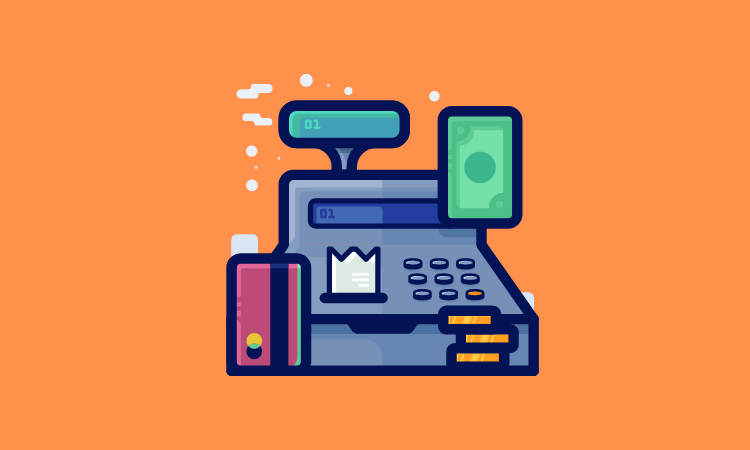Daily
Daily Tearsheet: How Stash uses financial education to acquire users, DataDay Awards 2022 winners, and the effects of payments on the environment
- On the Acquire Podcast, we discuss Stash's marketing plans with CMO Dale Sperling.
- Also, the challenges of making payments more attentive and sensitive to their impact on the environment.








